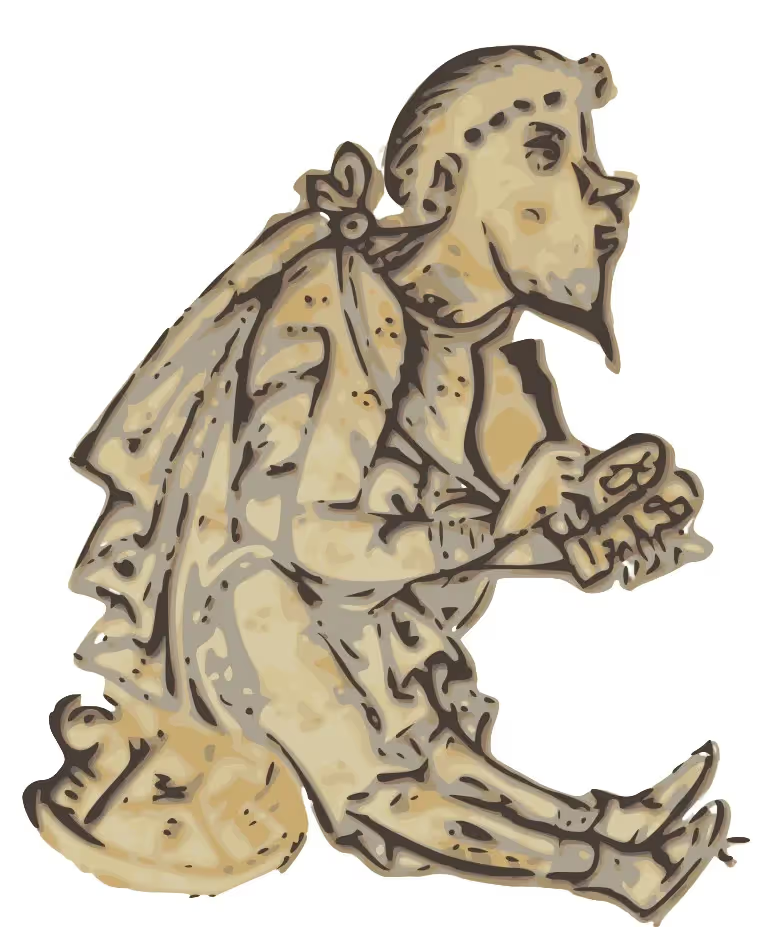Caesar Augustus
Together with Mark Antony and Marcus Lepidus, Gaius Octavius was part of the three generals who defeated Caesar's assassins.
Josephus, Wars, 1.14.4
“And, when the senate was separated, Antony and Cæsar (Octavian) went out, with Herod between them; while the consul and the rest of the magistrates went before them, in order to offer sacrifices… Antony also made a feast for Herod on the first day of his reign.” Competing ambitions soon tore the Second Triumvirate apart. Lepidus was exiled in 36 BCE and in 31 BCE at the Battle of Actium, Octavian won a decisive victory over his rival Mark Antony and his Egyptian fleet. Returning to Rome, he strategically secured his position as the first Emperor of Rome. He defeated Antony and Cleopatra's forces in Alexandria in 30 BCE after which Antony and Cleopatra committed suicide.
In 27 BCE, the Senate gave Octavian the new title of Augustus hinting to his divine status. As an adopted son of Julius Caeser who was deified posthumously, he referred to himself as the "Son of the Divine".
The policies of Augustus toward the Jews of the Roman Empire in general, and the inhabitants of Judea in particular, followed the favourable line established by Julius Caesar. Herod’s rule in Judea was contemporaneous with the rule of Augustus. He approved of Herod's efforts to introduce Roman culture into Judea and for this reason paid little heed to the claims of Herod's enemies, foreign and domestic.
Overview
Josephus, Wars, 1.14.4
“And, when the senate was separated, Antony and Cæsar (Augustus) went out, with Herod between them; while the consul and the rest of the magistrates went before them, in order to offer sacrifices… Antony also made a feast for Herod on the first day of his reign.”
Augustus was the first Roman Emperor. The policies of Augustus toward the Jews of the Roman Empire in general, and the inhabitants of Judea in particular, followed the favorable line established by Julius Caesar.
Herod’s rule in Judea was contemporaneous with the rule of Augustus. He approved of Herod's efforts to introduce Roman culture into Judea and for this reason paid little heed to the claims of Herod's enemies, foreign and domestic.




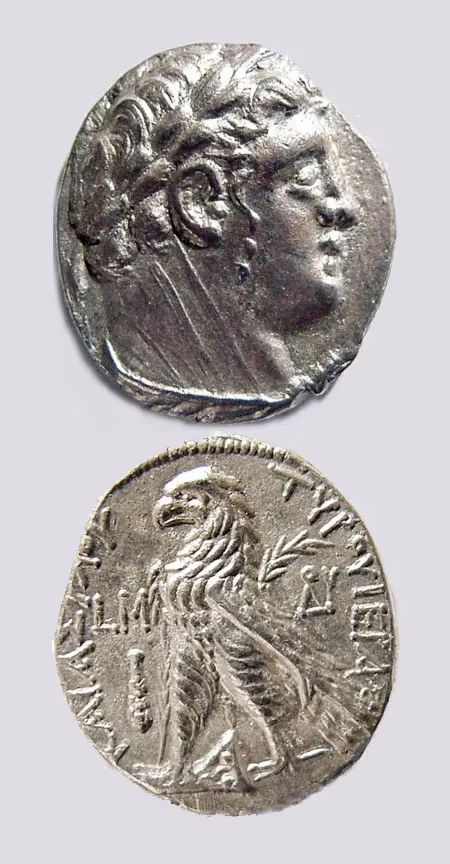
.avif)


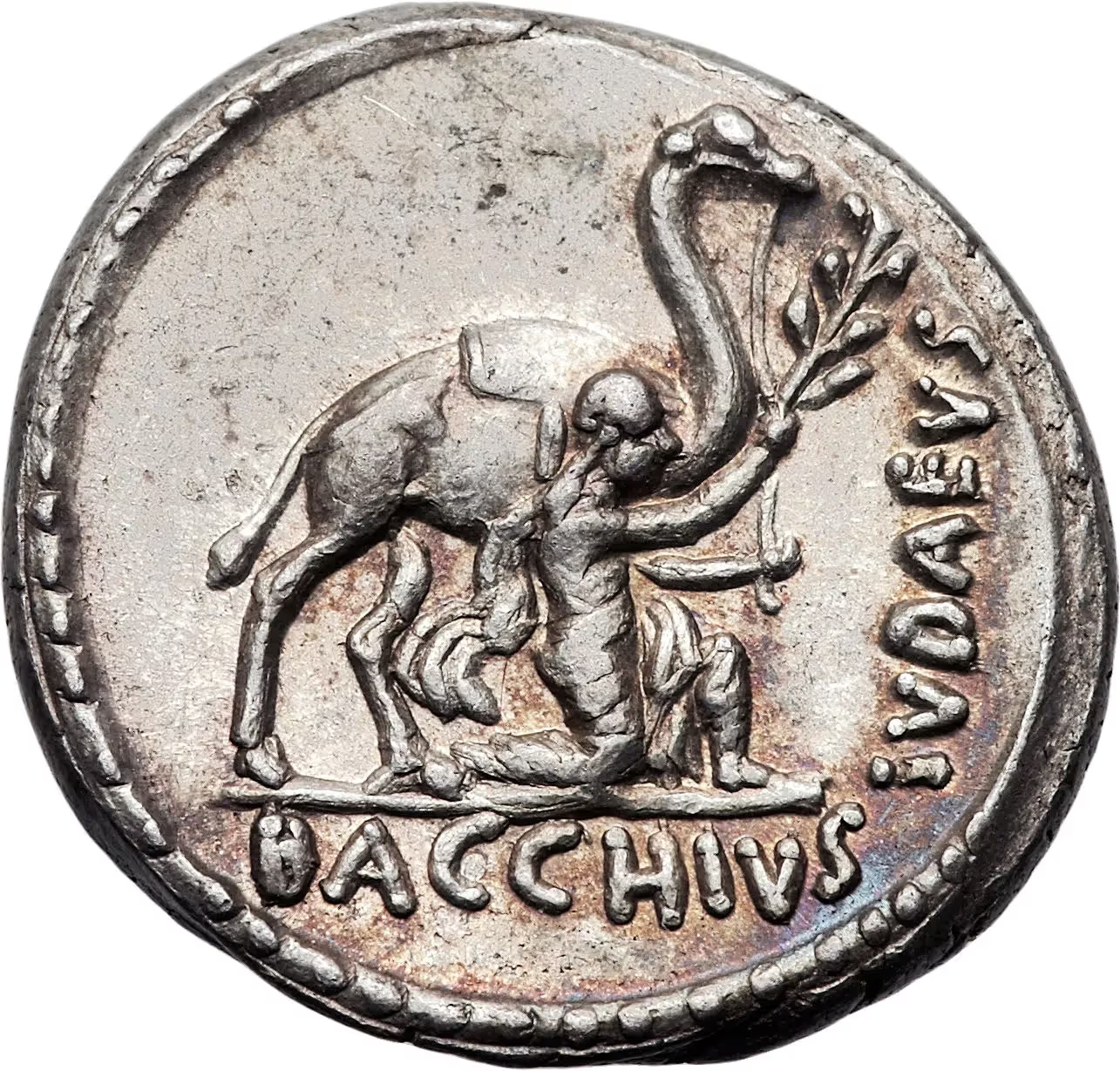

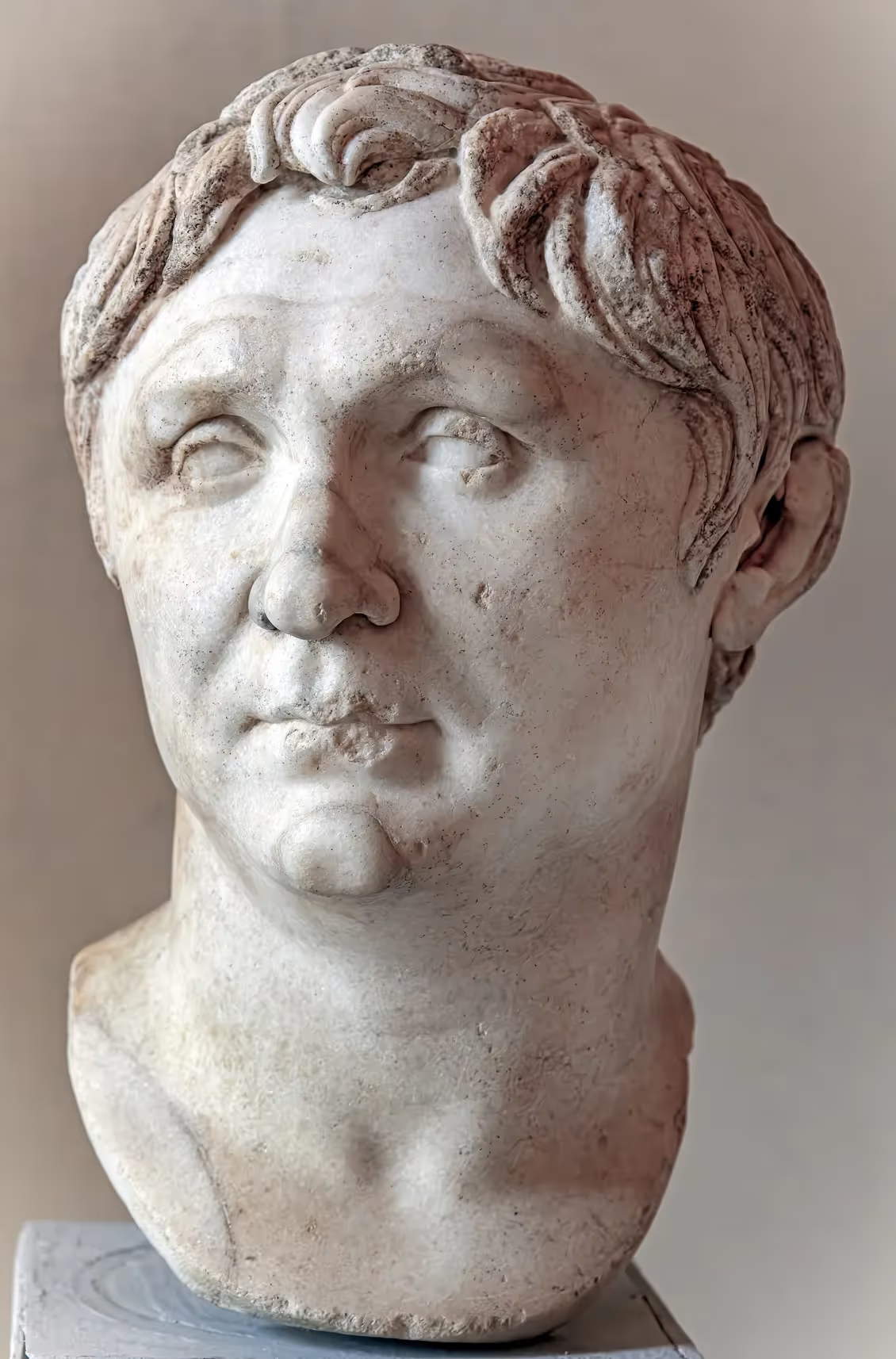

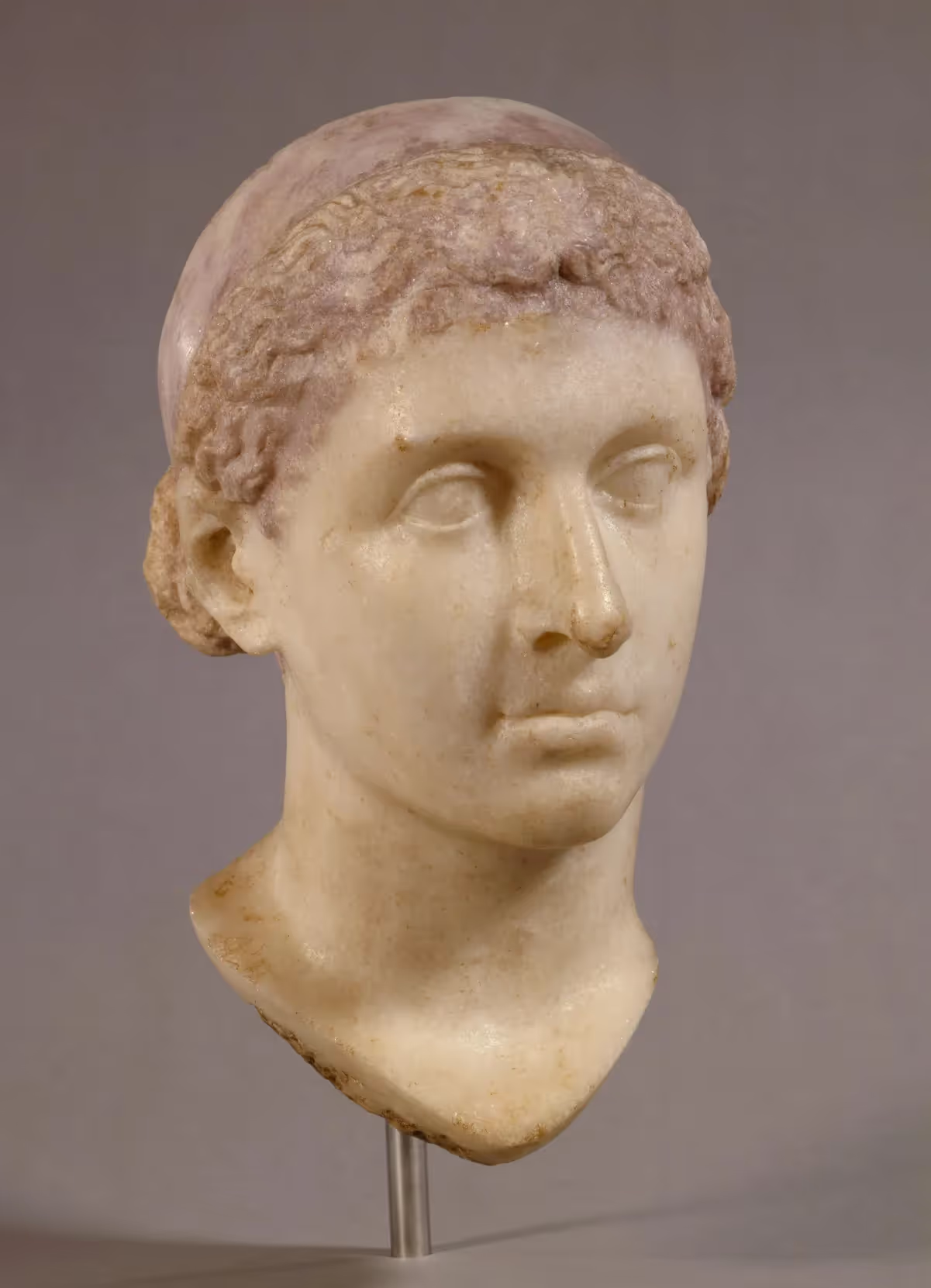

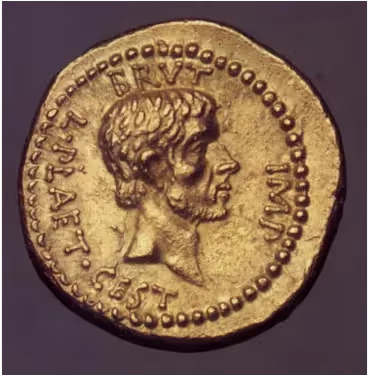
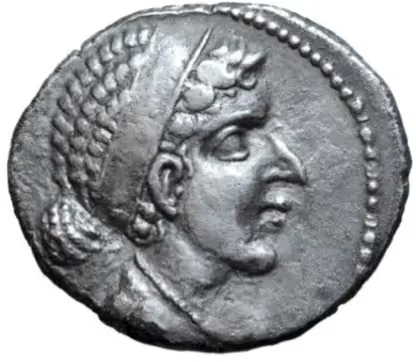
.avif)

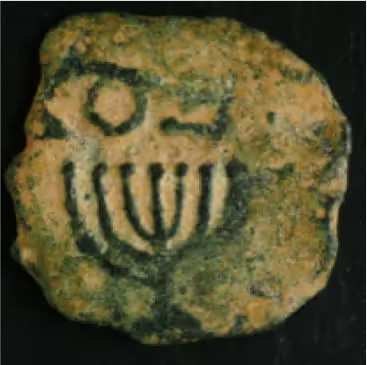

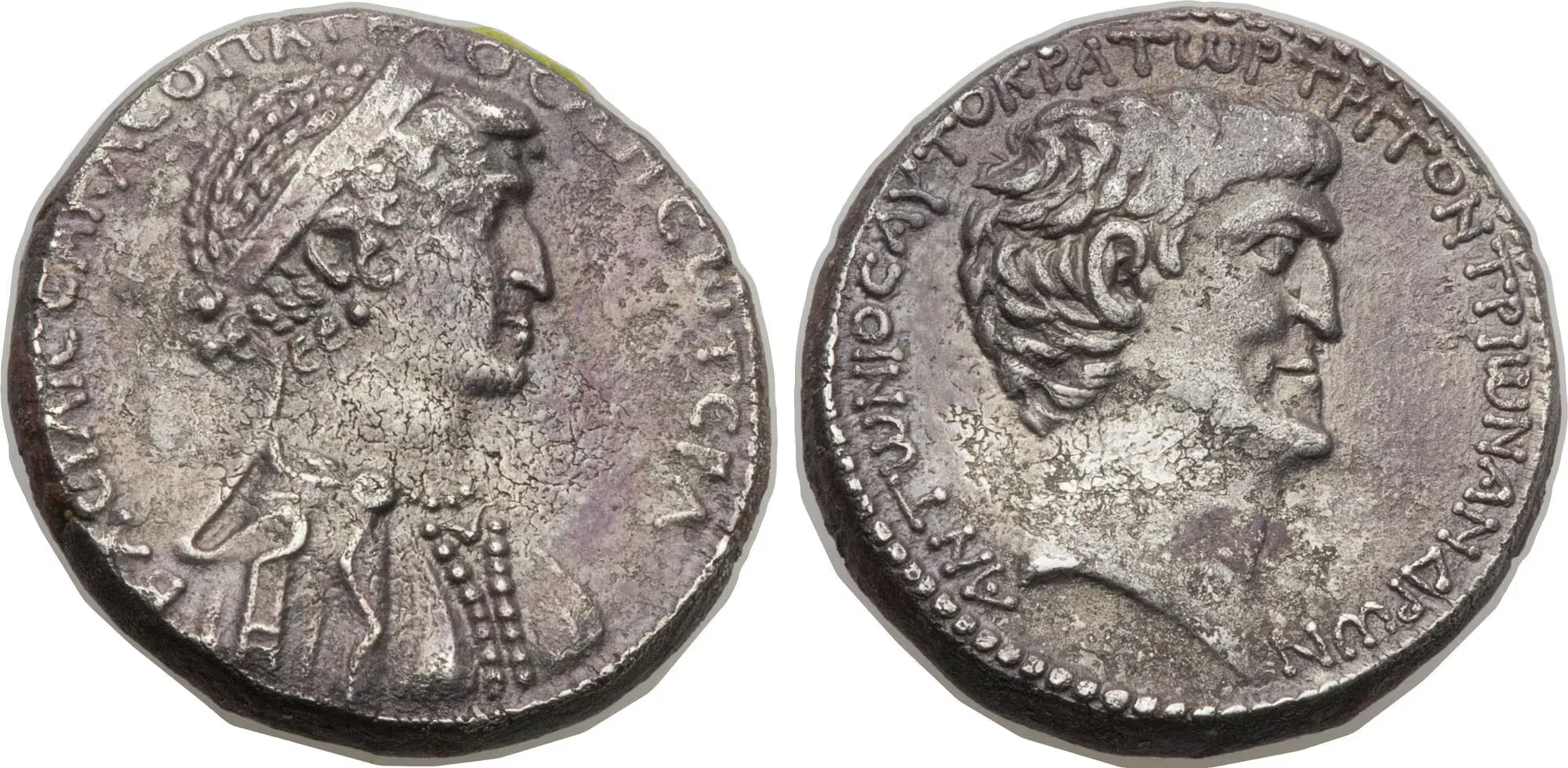
.avif)

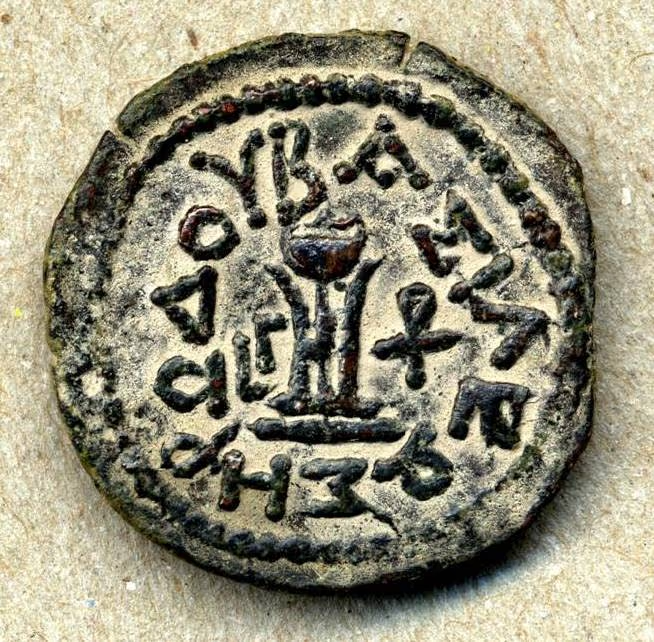

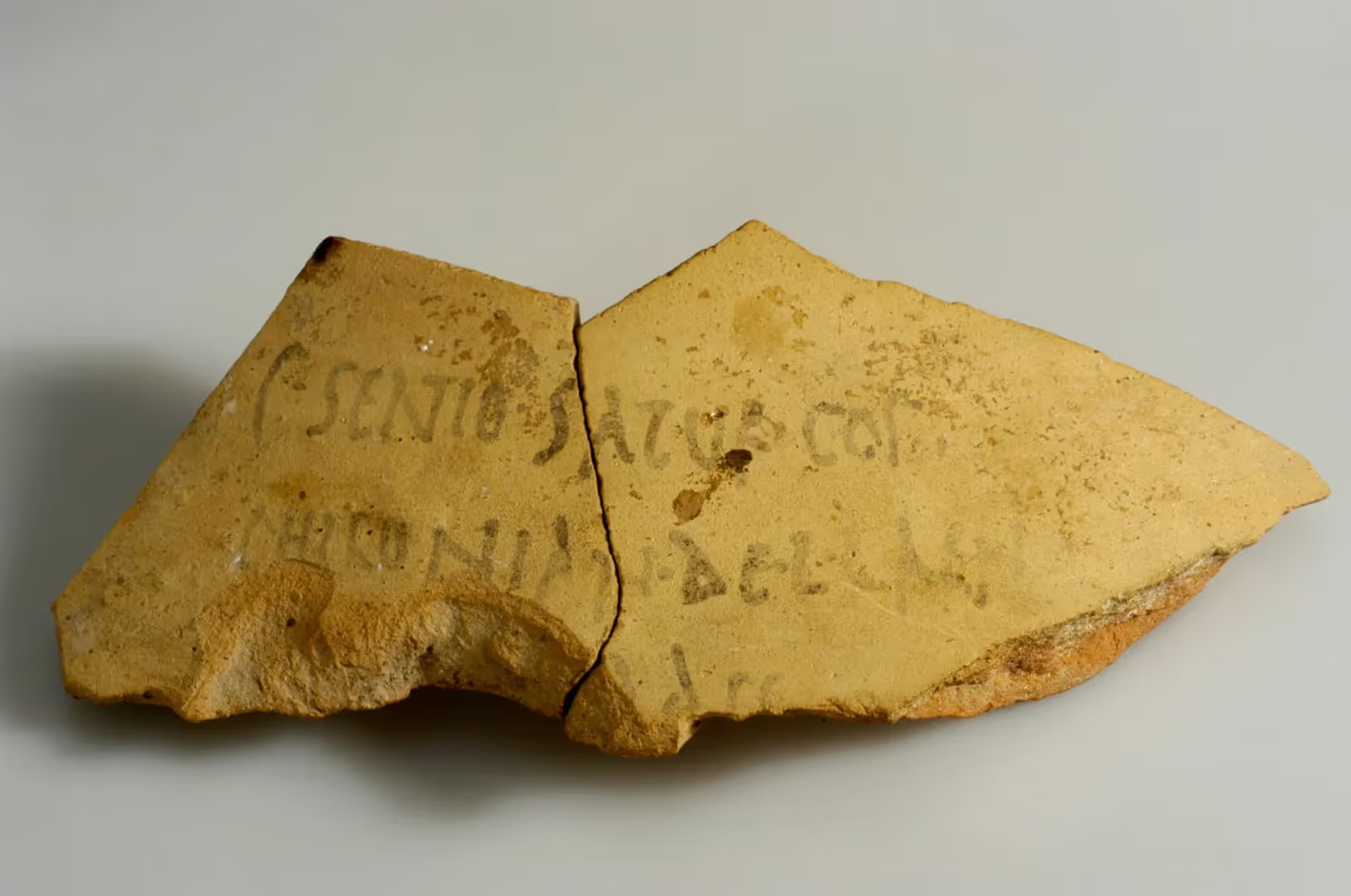





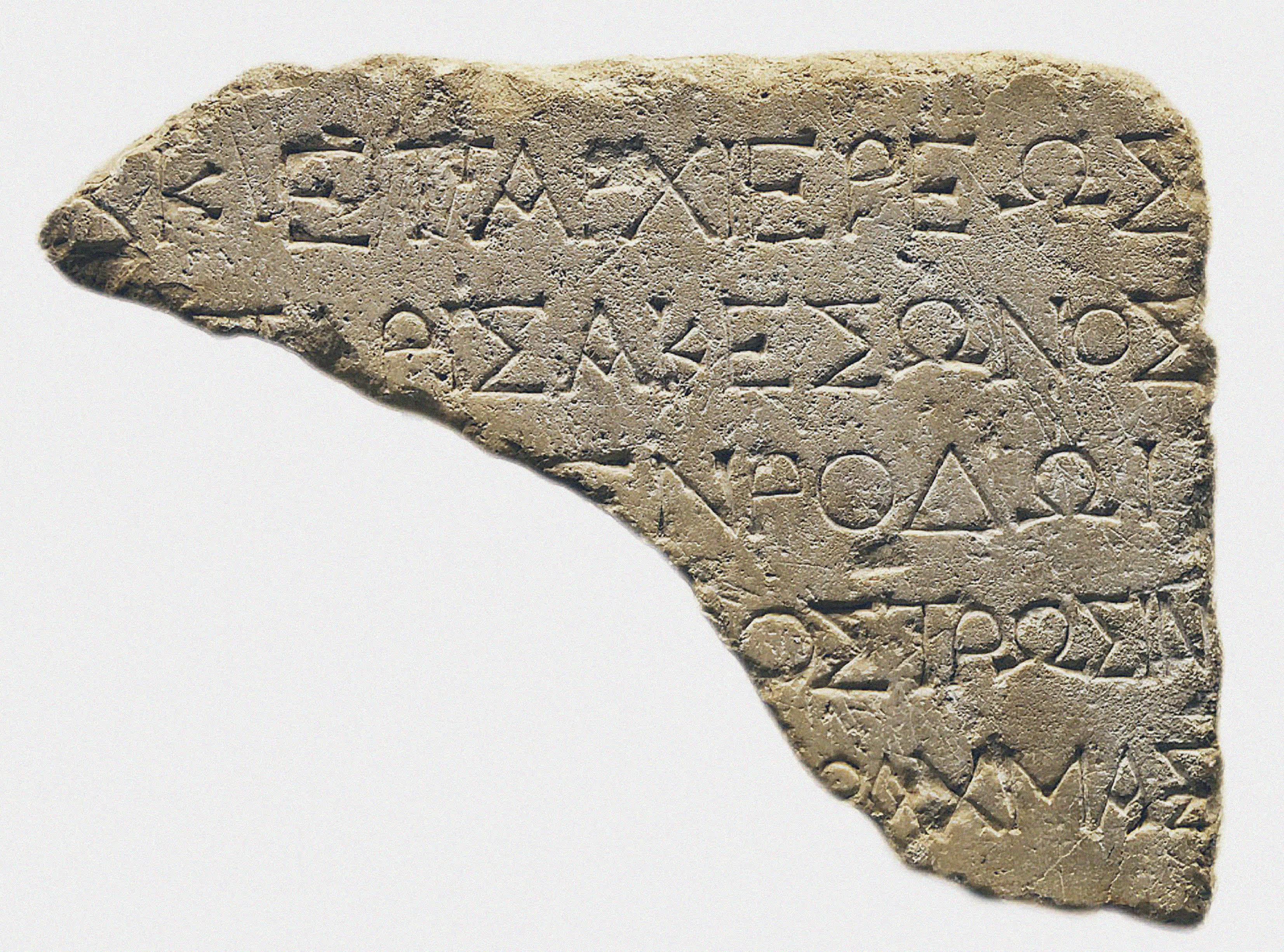


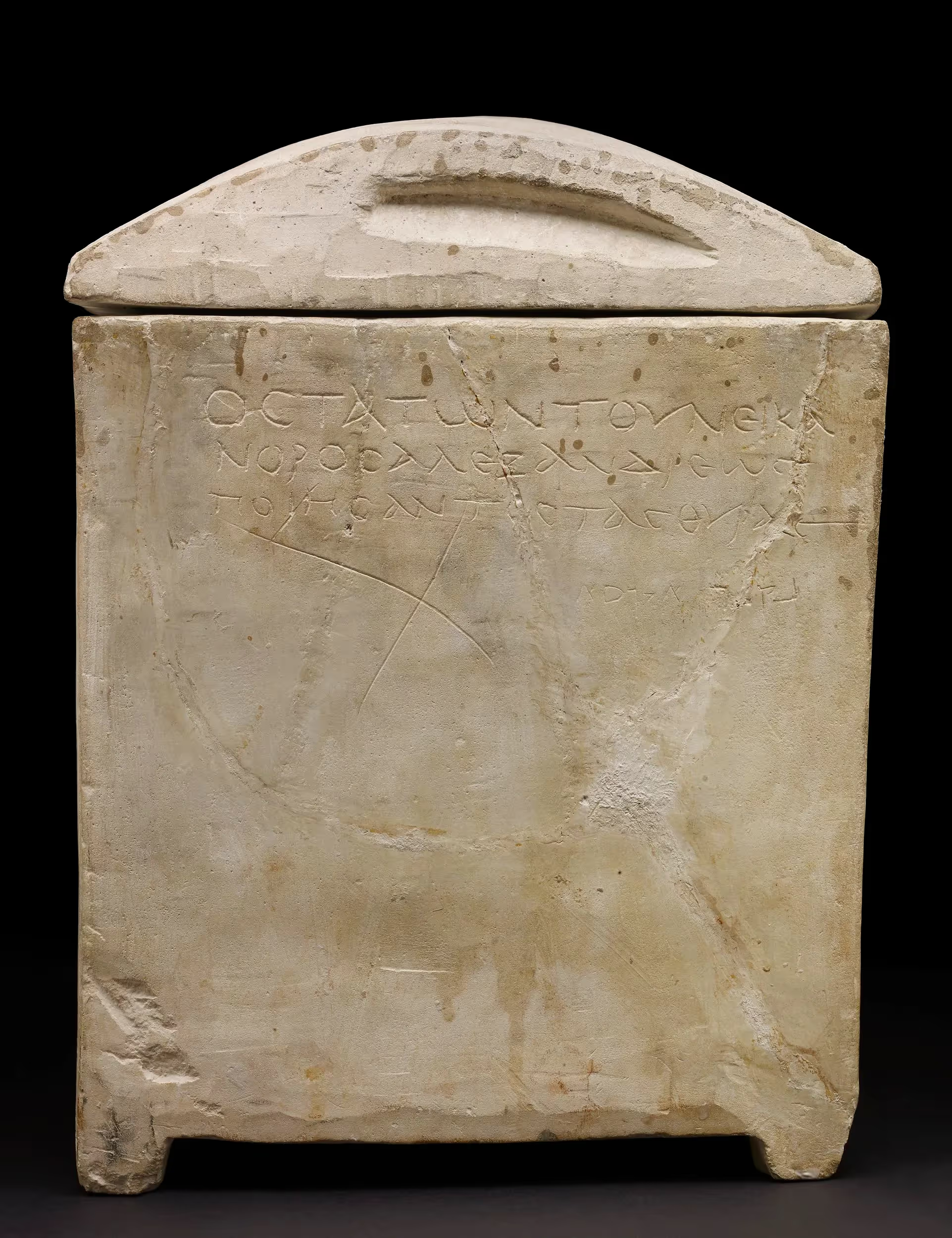

.avif)


